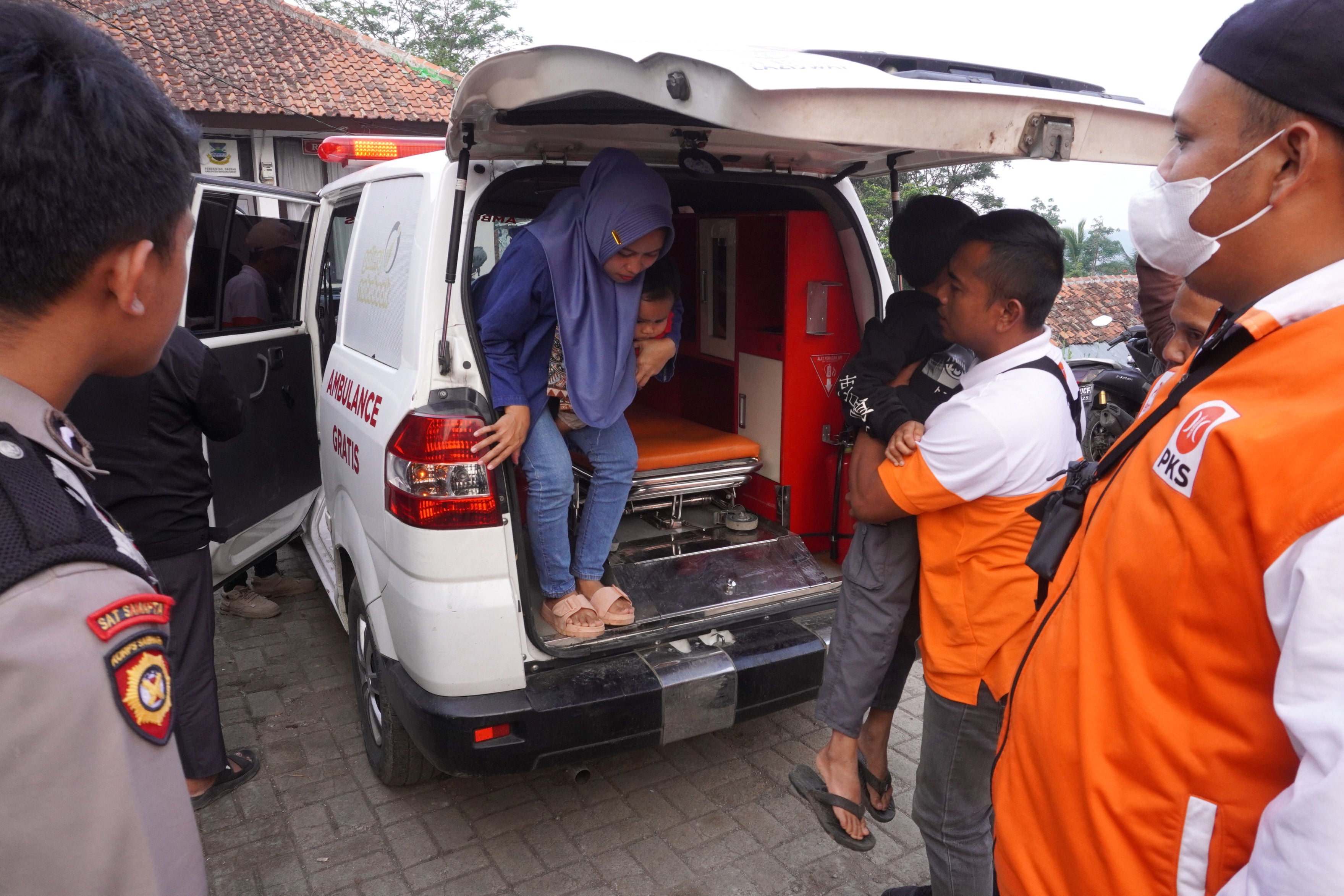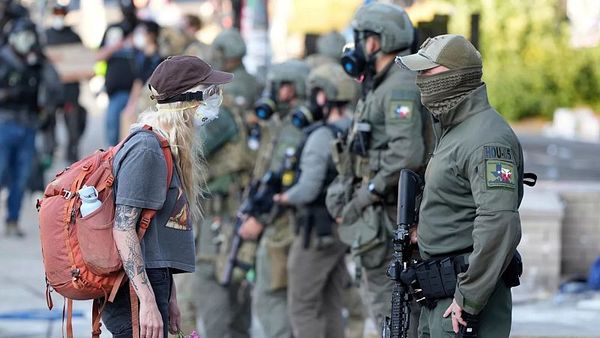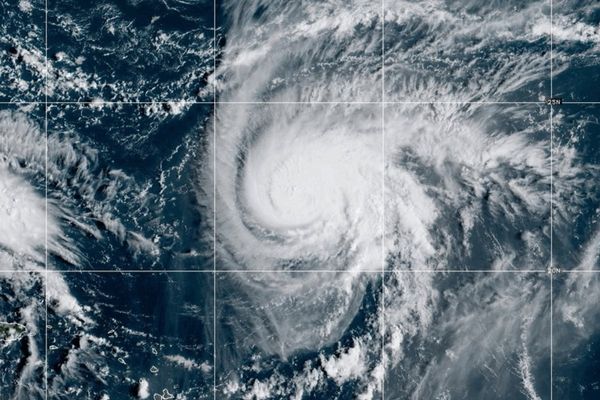Indonesia’s government was facing calls on Thursday to suspend president Prabowo Subianto ’s multi-billion-dollar free meals program after thousands of school pupils fell ill in a food poisoning outbreak.
Television reports showed hospital wards filled with children, with some crying in pain and clutching their stomachs, while police and health workers carried away other victims in ambulances, vans and trucks.
The mass poisoning was reported in four areas of West Java province, its governor, Dedi Mulyadi told Reuters on Thursday. It came as non-governmental organisations issued calls to suspend the programme due to health concerns.
The Free Nutritious Meal programme was started in January with the aim of fighting malnutrition by feeding nearly 90 million children and pregnant women.
The initiative, which is expected to cost $28bn through 2029, delivers on a campaign promise by Subianto, who was elected last year, which has more than 282 million people and Southeast Asia’s largest economy.
The National Nutrition Agency recorded about 1,376 cases of school-linked food poisoning cases between January and the end of June. The number of students affected rose to 4,711 this week, with more than 1,000 victims reported in hardest hit West Java province alone.
Agency chief Dadan Hindayana said kitchens with poisoning cases had been suspended and local governments had set up task forces of nutritionists and health workers to supervise the free meals.
“The total number of food poisonings was only 4,711 portions out of 1 billion portions cooked during the 9-month programme," Mr Hindayana said. "Of course this can still be improved.”
Muhammad Qodari, head of the Presidential Staff Office, said Thursday that several government institutions have identified more than 5,000 food poisoning victims linked to the school meals programme. The Ministry of Health recorded 5,207 cases, and the Food and Drug Monitoring Agency reported 5,320, he said.
Dedi Mulyadi, the governor of West Java, said more than 470 students fell sick in Bandung on Monday after eating the free lunches, and three more outbreaks were reported on Wednesday in the Sukabumi region, affecting at least 580 children. Several hundreds of sick children were also reported from other areas in the province on Thursday, bringing the total victims to at least 1,775.

He said students suffering from the disease complained of shortness of breath, nausea, dizziness and severe stomach pain.
The Center for Indonesia’s Strategic Development Initiatives said the latest data suggests the number of reported cases represent “a tip of the iceberg”.
Diah Saminarsih, chief executive of the non-profit organisation, said: “The true number of cases is suspected to be significantly higher as many are reluctant to report what really happened. We call to suspend the programme due to health concern.”
The Indonesian Education Monitoring Network, a watchdog group, said the free meals programme had failed.
“We call on President Prabowo Subianto to temporarily halt the free meal programme and conduct a thorough evaluation,” said Ubaid Matraji, the group coordinator. “Child safety must be placed above the government’s political goals.”
Mulyadi said: “We must evaluate those running the programmes that have caused health concerns and traumatize of children. At this time, ensuring children are well cared for is our priority. We are also facing on how to deal with the students’ trauma after eating the food.”
Questions have been raised about standards and oversight of the scheme, which has expanded rapidly to reach over 20 million recipients, with an ambitious goal of feeding 83 million by year-end.
The programme's $10.2bn budget will double next year.
Lisa Bila Zahara, 15, said she fell ill after eating a school lunch of chicken and tofu cooked with soy sauce on Wednesday.
"Around 30 minutes later, I felt nauseous and had a headache," the high school student told Reuters at a sports hall turned into a makeshift treatment centre in West Bandung.
"I want it stopped (the programme) ... I fear this will happen again," she said.
Zahara's mother forbade her from consuming the free meals in future.
Before this week's incident, at least 6,452 children nationwide had suffered from food poisoning from the programme since it was launched in January, according to think tank Network for Education Watch.
Governor Mulyadi said that preliminary findings identified three key issues that led to the incident. These include inadequate stagging, unsafe food preparation practices, and long delivery times between schools and kitchens, reported the Jakarta Post.
The kitchens were tasked with feeding too many students and were located far from the schools, forcing them to start cooking very early, sometimes the night before the lunch.
"When the food was still warm, it was immediately put on the tray and the tray was closed, making it spoiled," he said, adding that authorities had declared a health emergency.
The distance between the food preparation facilities and schools added to the problem.
Iqbal Maulana, the head of a kitchen that had provided some of the free meals, said: "We do it according to the standard operating procedure."
Researchers spoke with 24 former terrorists. Here’s what they found
‘I was left unconscious after eating street food and petting cats on remote island’
British tourist swept out to sea in Bali found dead, officials say
Typhoon Ragasa: Trump aid cuts leave the Philippines more exposed to cyclones
In pictures: Ragasa hurtles towards China after wreaking havoc in Philippines
Typhoon Ragasa mapped: Strongest storm of 2025 nears China landfall







